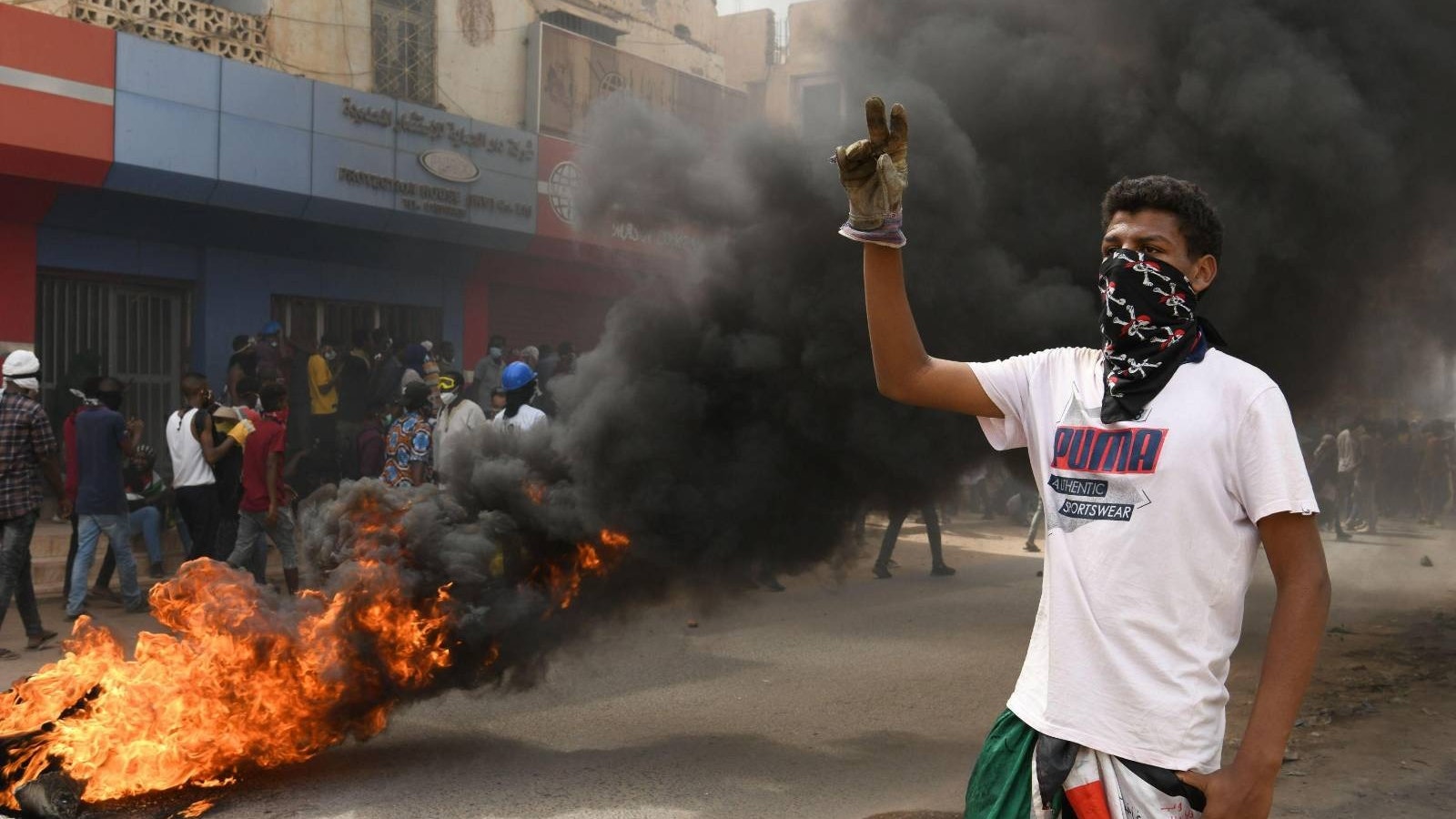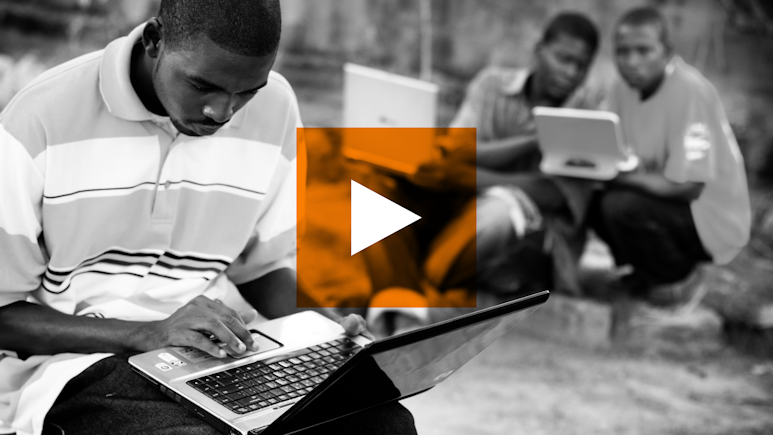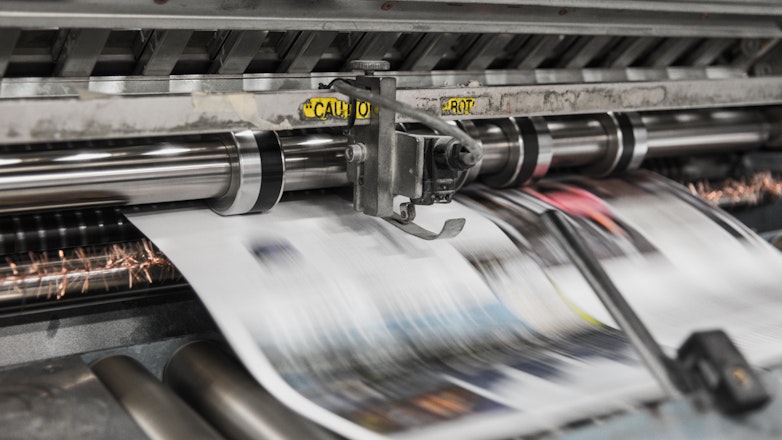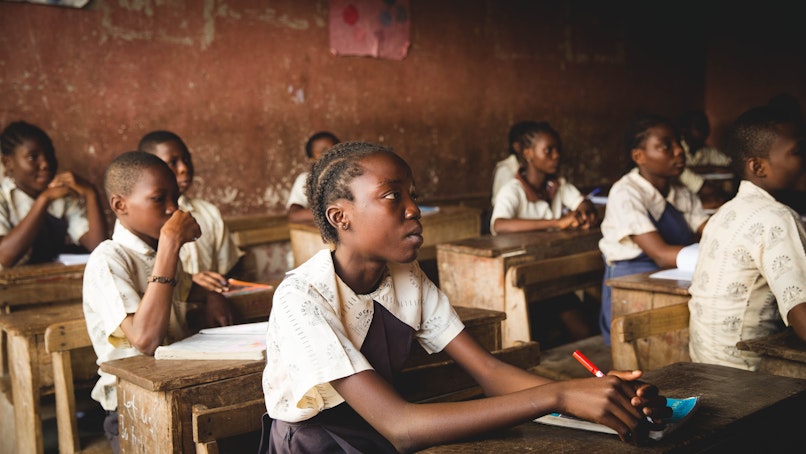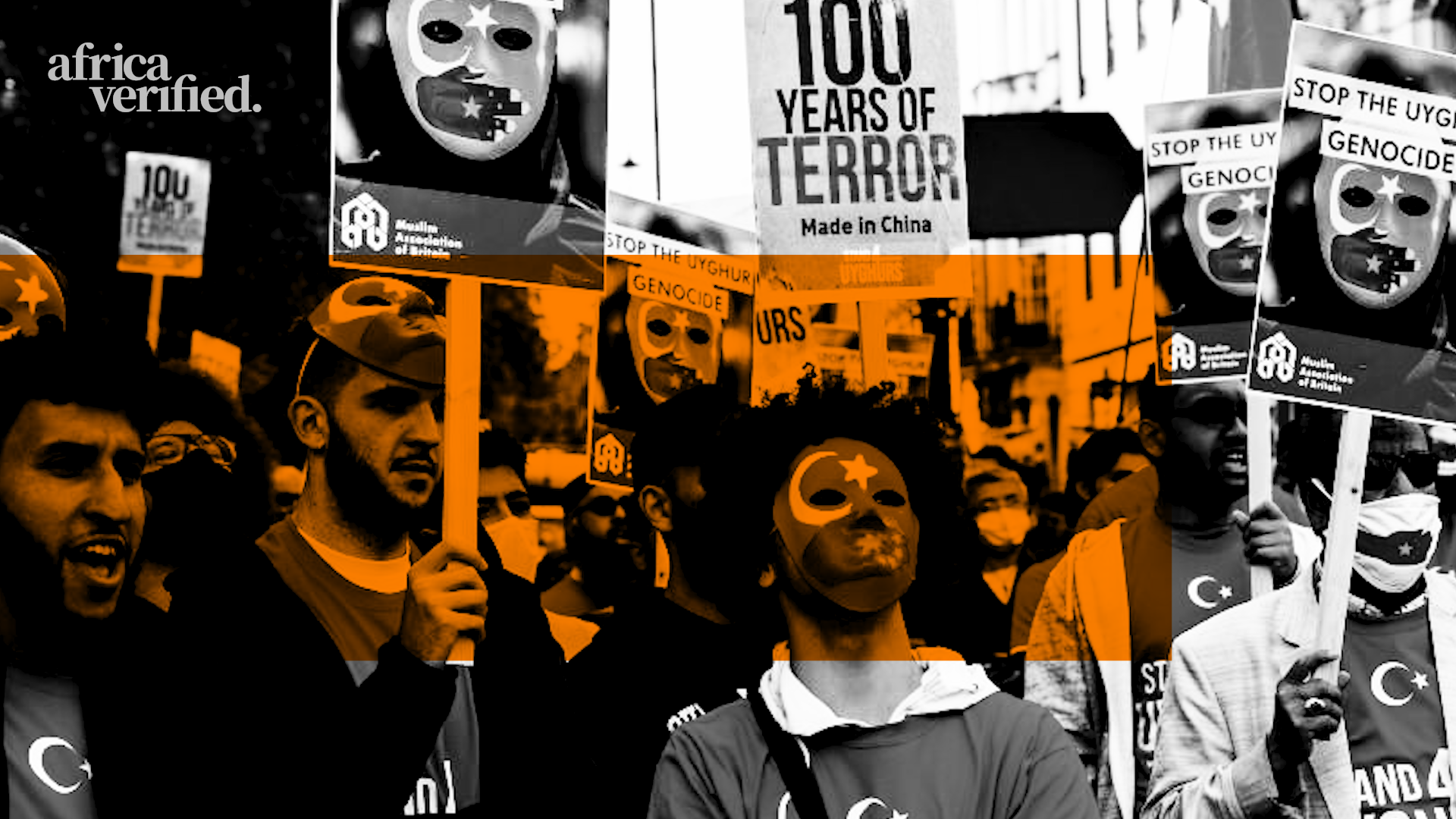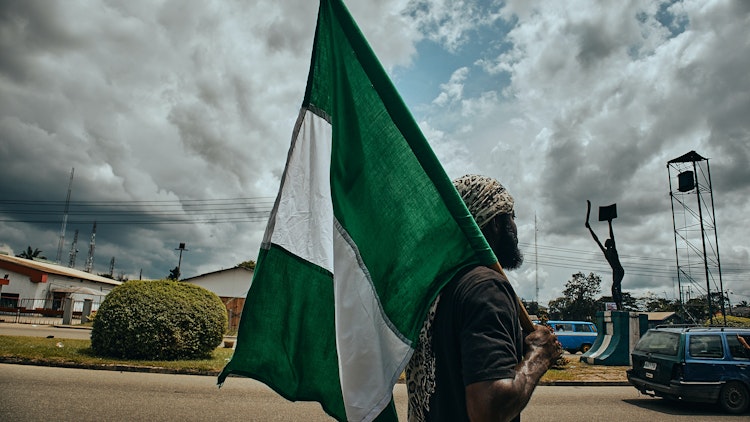
With Nigeria’s election just a few weeks away, the world is watching with keen interest as voters in Africa's most populous country and largest economy decide who will become their next president.
Incumbent President Mohammadu Buhari has already served twice, so a new leader must be chosen this time, by an increasingly engaged, well informed young voting base. Security, corruption and vote buying allegations remain, but Nigeria’s Independent National Election Committee (INEC) is confident that with new technology and improved voter engagement this will be the nation’s most rigorously monitored, free, fair, and transparent election yet.
Lessons from the past
If the past decade is anything to go by, Nigeria’s elections rarely run smoothly. The last three elections have been postponed, causing frustration and suspicion that politicians have delayed procedures to impede the fairness of the electoral process. Hours before voting was scheduled to start during the most recent 2019 elections, the INEC pushed the election back by a week, citing logistical issues.
As a result, past elections have been marred by widespread voter apathy, particularly among young people. Turnout has often been low, with only 30-35% of eligible voters turning up to cast their vote at the ballot in the two most recent elections. In some regions, voter turnout in the last election cycle was just 8.3%, according to the INEC, driven in part by a general lack of young voters taking part. Other reasons include inadequate voter education, ineffective voter mobilisation, and low trust in state institutions.
New election. New president
This time, 18 candidates are vying for the presidency, with the main contest between Bola Tinubu from the ruling All Progressives Congress (APC), Atiku Abubakar of the main opposition People's Democratic Party (PDP) and the Labour Party's Peter Obi, who is leading in some polls. All three have faced allegations of corruption, fraud and bribery in the run up to the election.
Nigeria by the numbers
More than 84 million of the country’s 211 million citizens are eligible to vote, but mobilising voters and getting them to the polls has previously proven challenging.
First-time voter Gbemisola Akindola told Al Jazeera News that she hadn’t seen the need for change in 2019. But she is determined to have her say this year.
'Right now something is very very clear: that it’s time we transition to the younger generation ruling us. And that’s why, if I don’t do it now, when would I do it?’
According to a new poll commissioned by ANAP Foundation, the age groups that expressed the greatest willingness to vote were those between 36-45 and 46-60 years. On average, the poll shows that 8 in 10 registered voters are certain that they would be voting in February’s presidential election.
This surge in potential new active registered voters is seen by many as a sign of greater confidence in the electoral system and the improved, more robust process.
Trust through technology
Pre-election optimism remains high as numerous officials have stated that the ballot will be more transparent, with better and more effective preparations leading up to election day.
INEC has implemented a swathe of new technology including the Bimodal Voter Accreditation System (BVAS), aimed at ensuring the legitimacy of the results while avoiding post-election clashes.
BVAS is essentially an advanced version of the pervasive Smart Card Reader. The key benefit of the BVAS is its ability to perform dual voter identification of voters via fingerprints and facial recognition, to ensure that only genuine votes are accredited. The system also allows for voting results to be directly uploaded in real-time to the INEC results viewing portal for all to see, which in theory means results cannot be tampered with. Independent monitors acknowledged the credibility of BVAS in the off-season governorship election last July in Osun State.
Another progressive measure is the introduction of the amended Electoral Bill. The bill enshrines several technologically based rules into law, designed specifically to improve transparency and legitimacy of election results. These include use of Smart Card Readers, the secure electronic transmission of local results, and provisions for vulnerable voters, and those with physical disabilities or special needs.
Other benefits include legislation to minimise overvoting, tighter regulation around false party political information and closer monitoring of candidates and their finances.
Combating voter suppression
‘Historically, as we approach an election cycle, there is always heightened violence in the country,’ Oluwole Ojewale, Dakar-based analyst at the Institute of Security Studies Africa told Al Jazeera. ‘What has now changed is we now have heightened attacks on INEC infrastructure. We have not seen this dimension before,’ he said.
Insecurity and political violence are not new features of Nigeria’s democratic process However, no election has been threatened by such widespread insecurity – including the 2015 election, which was postponed for six weeks due to the Boko Haram insurgency. INEC has attempted to reassure voters and politicians by committing to improve security for election workers in the run up to polling day.
INEC has devoted part of its N117bn electoral technologies budget to cyber security systems to help ward off attacks. The INEC chairman said, ‘We have tasked our engineers to do everything possible to fully protect the IReV and all our web resources.’
Backing the ballot
The stakes are high as Nigeria draws closer to deciding the nation’s future, and more broadly, the region’s; military coups and democratic backsliding have continued to undermine regional governance norms.
Nigeria’s next president will face various structural challenges, from combatting widespread insecurity to reviving an economy hit by the financial fallout from Russia’s war in Ukraine.
Hope remains though that technological advancements and greater preparations implemented by the INEC will allow more Nigerians to vote than ever before. Led by a more engaged young voter base, the Nigerian electorate look set to participate in the fairest result in a decade, with hopes of appointing a people’s representative to lead the nation into a more prosperous reality with the kind of democracy that effectively benefits the majority.
